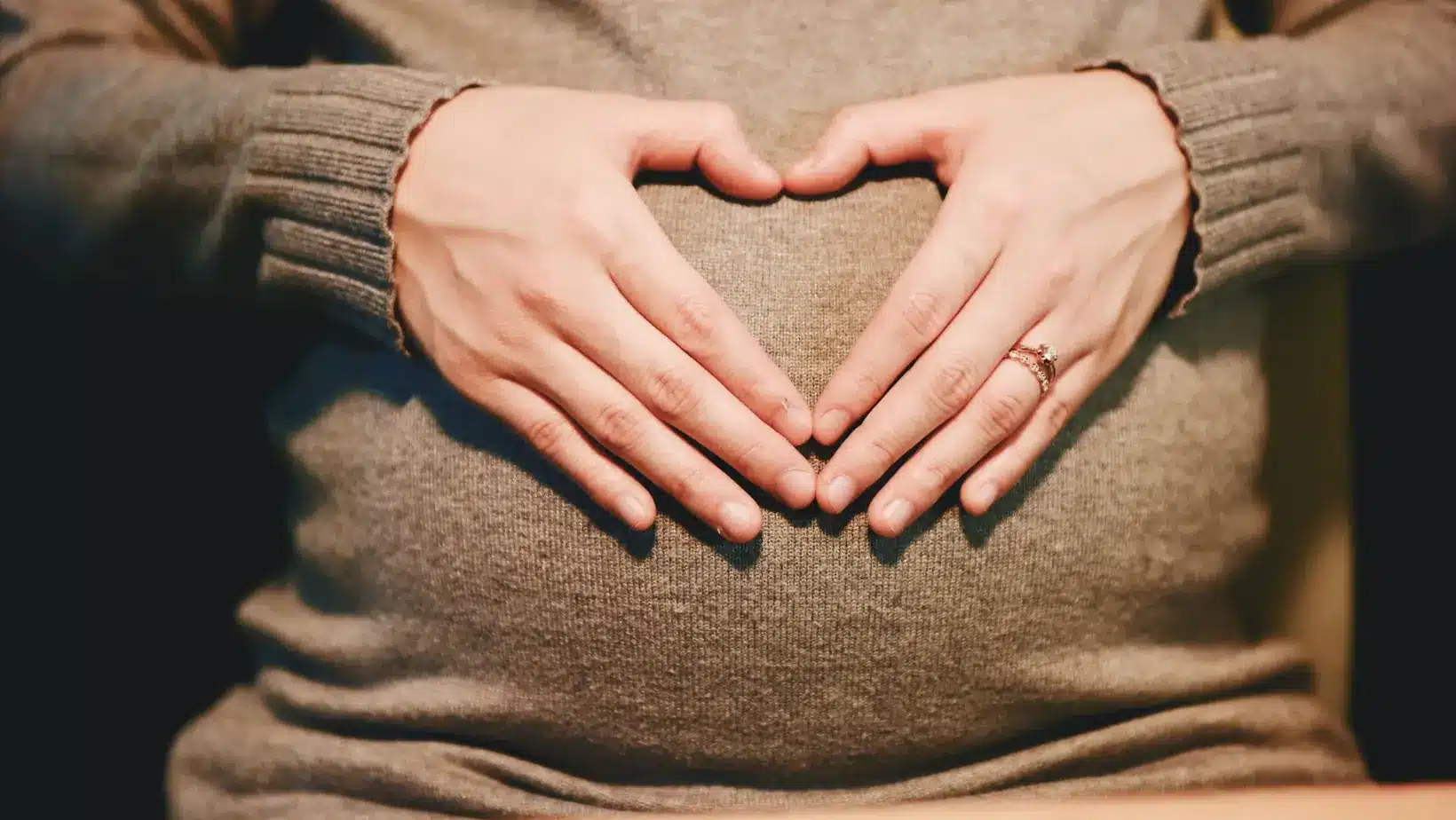To learn about the characteristics of gestational hypertension, please read Defining Gestational Hypertension.
Signs and symptoms of gestational hypertension are many during pregnancy. Other than blood pressure equal or higher to 140/90, other potential signs and symptoms of gestational hypertension can have different forms and intensity from one woman to another in a situation causing preeclampsia. The signs listed here aren’t exhaustive. They don’t all need to be present for a preeclampsia (light or severe) diagnosis. Preeclampsia can be “early”, before 34 weeks in 0.4% of cases. It can also be intermediate, between 34-37 weeks in 0.8% of cases, and late preeclampsia occurs after 37 weeks in 1.6% of cases.

- Persistent headaches;
- Nausea with or without vomiting;
- Difficulty breathing (dyspnea);
- Ringing in the ears (also known as tinnitus);
- Frequent burps (osteotendinous reflex);
- Tremor, irritability;
- Vision problems (see a bright spot in your field of vision, brilliant stars, also called phosphene).
Later, if it becomes more severe preeclampsia:
- Vertigo;
- Bleeding and/or petechia (veins that explode causing red spots on the skin);
- Epigastric pain (pain in the stomach, under the breasts, often described as a cramp);
- Addition of different symptoms can shift the preeclampsia towards its more serious form called the “HELLP syndrome,” which affects the functions and organs in the pregnant woman: kidney, liver, blood, etc.
Which women are at higher risk for gestational hypertension?
- Those with high blood pressure in their medical history (family);
- Those that are pregnant for the first time;
- Those that already had hypertension or preeclampsia in a previous pregnancy;
- Those that have a family history of hypertension (mother, sister);
- Those expecting twins;
- Those 40 years or older (and/or a gap of 10 years between 2 pregnancies);
- Those that have a body mass index of more than 35 (obese) before pregnancy;
- Those that already have chronic health problems such as diabetes, circulatory or kidney problems.
How can you prevent gestational hypertension?
- Don’t consume alcohol;
- Don’t smoke (nicotine can increase high blood pressure);
- Eat healthy (no evidence that reducing salt changes anything);
- Exercise;
- Take multivitamins with folic acid (ideally during the pre-conception period);
- Maintain a healthy weight (in french) at the start of pregnancy and gain weight usually during pregnancy.
There are many signs and symptoms of gestational hypertension during pregnancy. Always be on the lookout for their presence.
To continue reading, go to Treatments for Gestational Hypertension.


